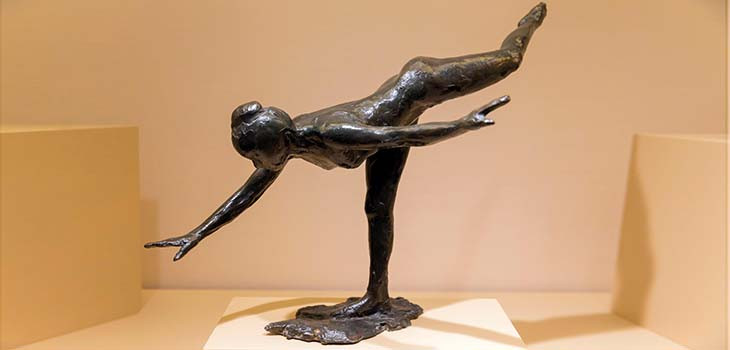
- In two recent cases that involve requests to adduce expert evidence late in the day, the court allowed it in one case, but not the other.
- The deciding factors seem to be the timing of the requests and cost proportionality.
The duty of an expert witness is to help the court to achieve the overriding objective by giving opinions that are objective and unbiased in relation to matters within their expertise. This is a duty that is owed to the court and overrides any obligation to the party from whom the expert is receiving instructions. The rule is that witnesses should only testify in relation to matters within their knowledge.
Court’s power to limit expert evidence
It is important that expert witnesses do not stray beyond the scope of their particular areas of expertise. To do so may render their evidence inadmissible or seriously reduce its value in the eyes









